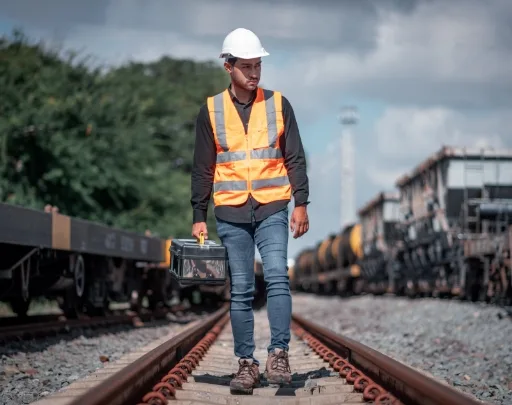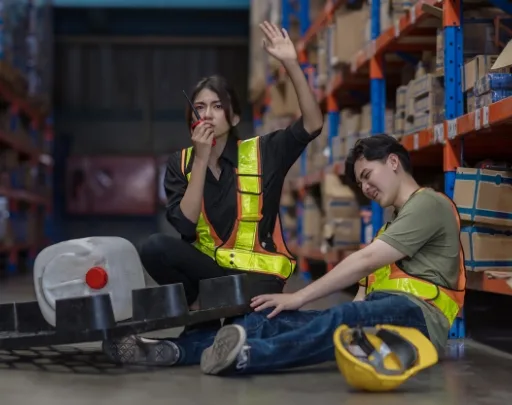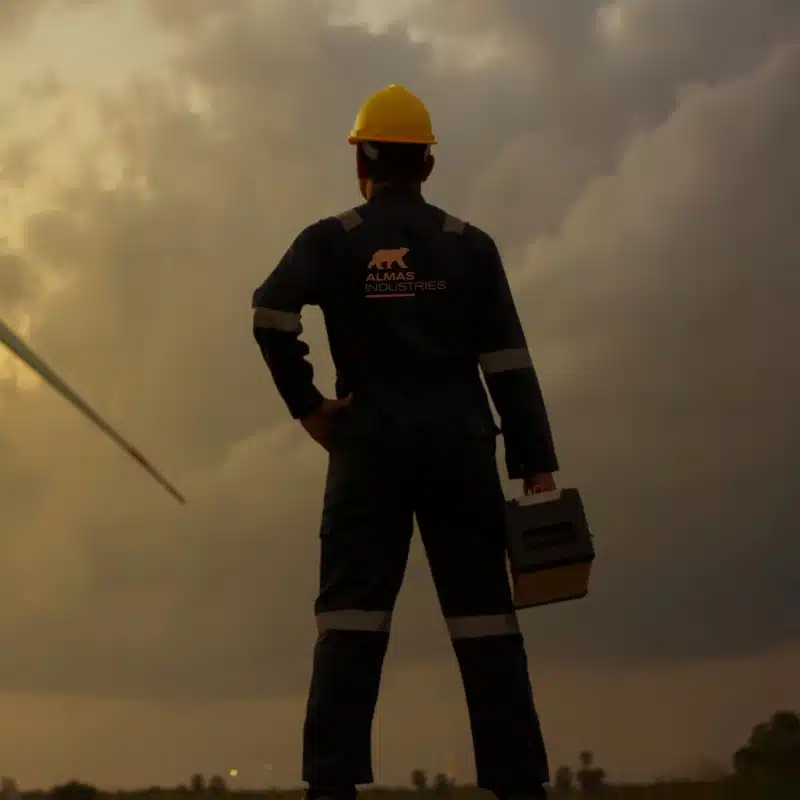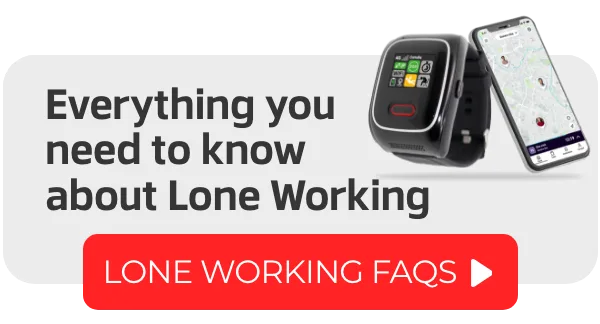
Home > Knowledge Hub > Blog
Irish Lone Working Legislation – how to be compliant
In Ireland, the safety of lone workers is governed by strict legal frameworks, and employers must ensure they are fully compliant with these laws. Whether you’re managing security personnel, delivery drivers, or healthcare professionals, understanding and adhering to Lone Working Legislation is essential. In this blog, we’ll guide you through what’s required and how to stay on the right side of the law.
Irish Legislation and Employer Responsibilities
The foundation of Lone Working Legislation in Ireland comes from the Safety, Health and Welfare at Work Act 2005. This law places a clear duty on employers to:
- Provide a safe working environment for all employees, including those who work alone.
- Conduct risk assessments that account for the unique challenges of lone working.
- Implement control measures to reduce or eliminate identified risks.
Failure to comply with these obligations can result in penalties, legal actions, and damage to your company’s reputation.

Conducting a Lone Working Risk Assessment
A cornerstone of compliance with Lone Working Legislation is the completion of a comprehensive risk assessment. This process involves:
- Identifying which employees are considered lone workers and in what circumstances they work alone.
- Evaluating the risks specific to their role, such as physical danger, environmental factors, and mental health concerns like isolation or stress.
- Developing measures to mitigate these risks, such as providing safety equipment or establishing communication protocols.
The Lone Working Risk Assessment must be regularly reviewed to ensure it remains relevant, especially if there are changes in the working environment or duties.
Implementing Safety Measures
Once the risks have been assessed, employers must put in place effective control measures. Some practical steps include:
- Ensuring that lone workers have access to reliable communication tools, such as mobile phones, radios, or personal alarms.
- Setting up regular check-ins and monitoring systems, such as automated apps that notify supervisors if a lone worker fails to respond.
- Providing protective equipment tailored to the tasks being performed and the environment.
These measures must be actively maintained, and employers should ensure that all employees understand how to use the tools provided.

Providing Adequate Training
Irish Lone Working Legislation also requires that all workers, particularly those in lone working roles, receive adequate training. This includes:
- Training on how to identify and respond to potential risks.
- Instructions on using communication systems and safety equipment.
- Clear guidance on emergency procedures, ensuring that workers know what to do if something goes wrong.
Training should be refreshed regularly and updated when new risks or procedures are introduced.
Monitoring and Reviewing Compliance
Compliance with Irish Lone Working Legislation is not a one-time effort. It requires ongoing monitoring and review. Employers must regularly:
- Review risk assessments to ensure they are up to date with any changes in the workplace or the nature of the work.
- Monitor the effectiveness of safety measures and training programs.
- Keep detailed records of assessments, training, and any incidents involving lone workers.
The Health and Safety Authority (HSA) conducts inspections to ensure companies are compliant with safety regulations. Maintaining clear and thorough records can help demonstrate your commitment to worker safety.
Involving Lone Workers in the Process
Compliance with Lone Working Legislation is most effective when lone workers themselves are engaged in the process. Encourage feedback from your lone workers on any risks they’ve encountered or suggestions they have for improving safety.
Their insights can be invaluable in identifying issues that may not be immediately obvious to management.

In summary, staying compliant with Irish Lone Working Legislation involves conducting thorough risk assessments, implementing control measures, providing ongoing training, and regularly reviewing safety protocols.
These steps not only protect your lone workers but also ensure your company meets its legal obligations.
Social Media
For all the latest Lone Worker news follow our social media!
Don't Wait Until It's Too Late
Protect Your Team Today with Almas Industries
The commercial landscape is in a state of constant flux, and so are the safety challenges that come with it.
There’s no time like the present to reassess and strengthen your worker protection.
Stay Ahead with Innovative Solutions
In a world where litigation is becoming more common and health and safety legislation more stringent, a tick box solution isn’t sufficient. Stay compliant and more importantly provide a meaningful solution to keep your team safe with our cutting edge solutions.
Tailored for You
Generic solutions often lead to vulnerabilities. We offer a bespoke approach to lone worker protection, designed to meet the unique needs and challenges of your business.
24/7 Exceptional Customer Service
Safety is a round-the-clock concern, and so is our ARC monitoring service and our customer care. From installation and training to regular maintenance checks, our support teams are always at your disposal to ensure seamless operation. Our installation and feedback scores from our customers in the last year consistently score over 4.5 out of 5.
Protect Your Lone Workers Now
Get advice on the solution that aligns with your operational structure, geographical spread of lone workers, and your operational hours.

Contact us today to work with a leader in Irish Lone Worker Protection

